As China has made wide strides in combating desertification with its forest cover greatly increased over the past decades, Mongolia draws inspiration from the neighboring country's experience, Mongolian Minister of Environment and Tourism Bat-Ulzii Bat-Erdene has said.
Apart from ecological effects, China's reforestation campaign has created many jobs and helped millions of people increase their income, which is also worth learning from, Bat-Erdene told Xinhua in a recent interview.
Noting China has expressed its readiness to help Mongolia fight against desertification, Bat-Erdene said that tackling such environmental issues as desertification is not the sole responsibility of a certain country, but necessitates joint actions of all countries in the region.
Currently, forest only covers 7.9 percent of the country's 1,564,116 square kilometers of land. The minister said around 77 percent of Mongolia's total territory has been affected by desertification and land degradation.
He also mentioned that the frequency of yellow dust storms in Mongolia has increased in recent years due to climate change-related desertification.
"The yellow dust storm is a sign that Mongolia's soil is deteriorating significantly," he noted.
"Yellow dust storms originating from Mongolia reach other countries such as China, South Korea and Japan," Bat-Erdene said, stressing that the situation entails collaboration among relevant countries to jointly fight yellow dust storms.
Last year, Mongolia launched a nationwide campaign called "Billion Trees," with the goal of planting at least 1 billion trees by 2030 as part of its strategy to combat climate change and desertification.
"The tree-planting campaign 'Billion Trees' initiated by the Mongolian president has been implemented across our country to combat desertification," said Bat-Erdene, noting that trees are the most important factor in preventing soil degradation.
The minister added that Mongolia's national committee in charge of climate change and reduction of desertification is cooperating with other countries, including China and South Korea, to learn from their experiences in supporting tree-seedling enterprises, helping tree farmers and creating new jobs while promoting their anti-desertification plans.









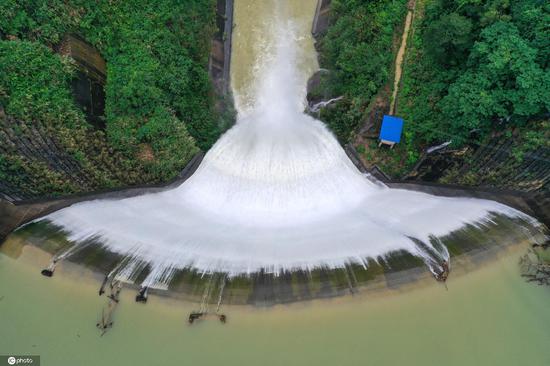
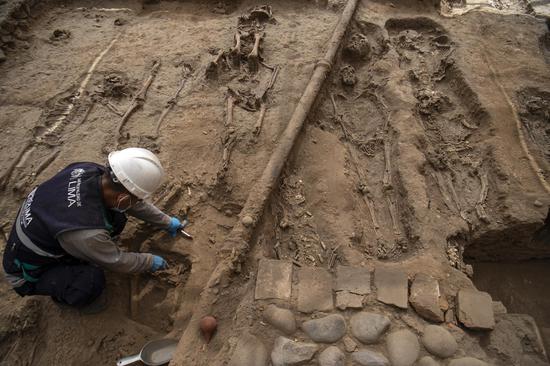








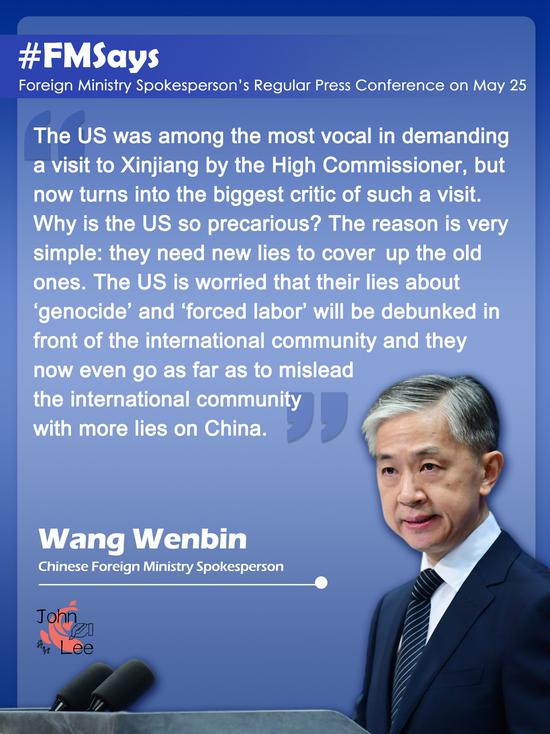





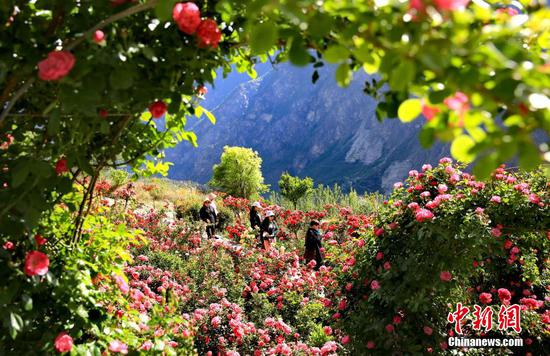
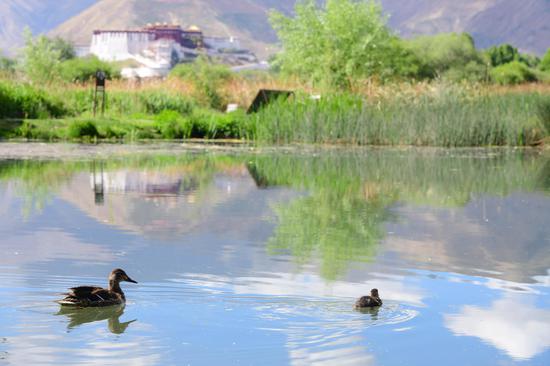
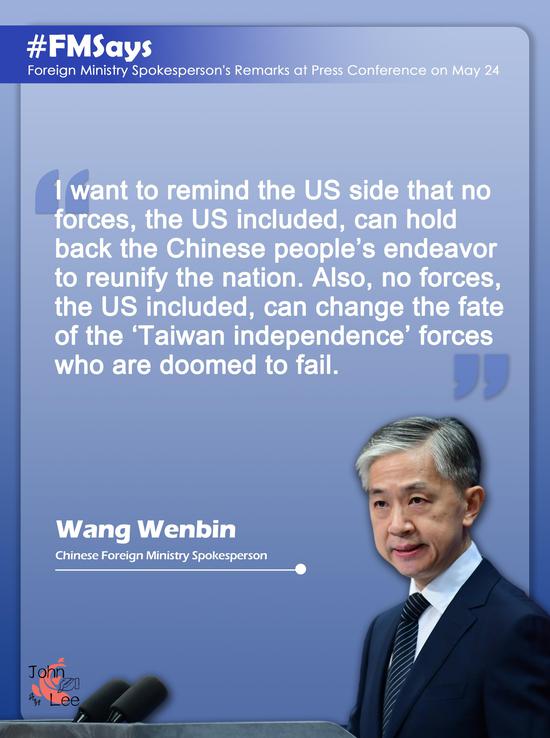

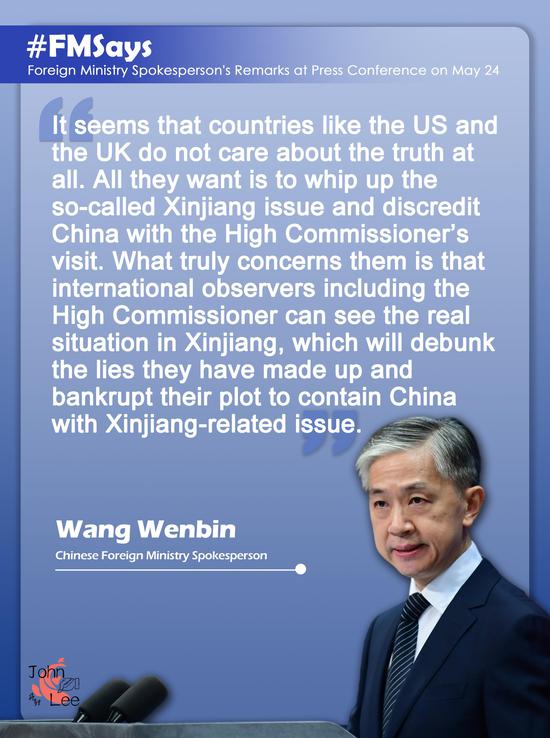

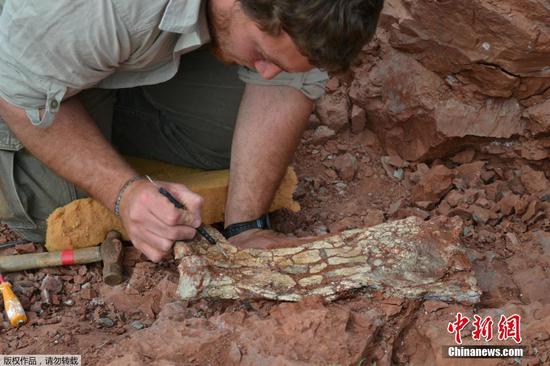





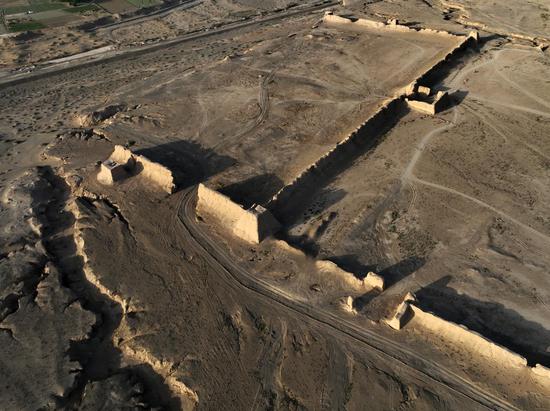


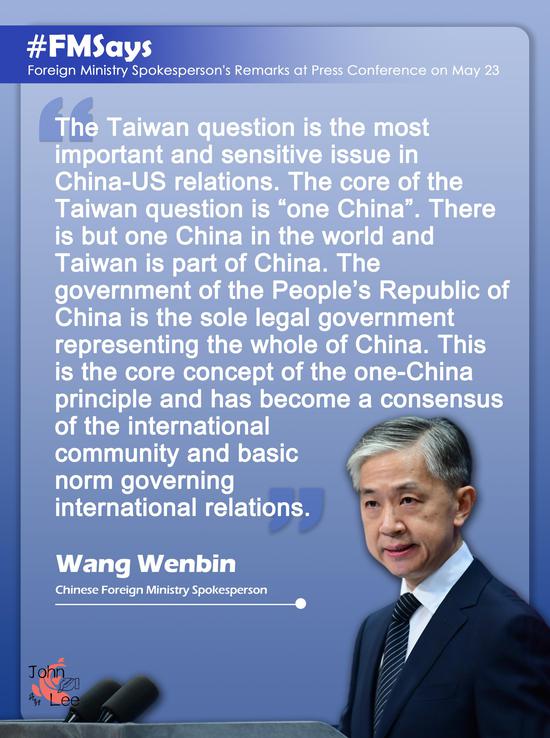


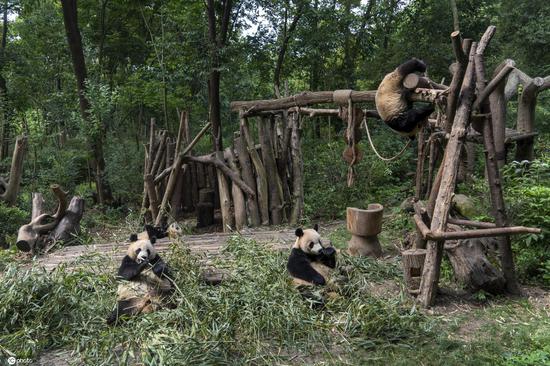






 京公网安备 11010202009201号
京公网安备 11010202009201号